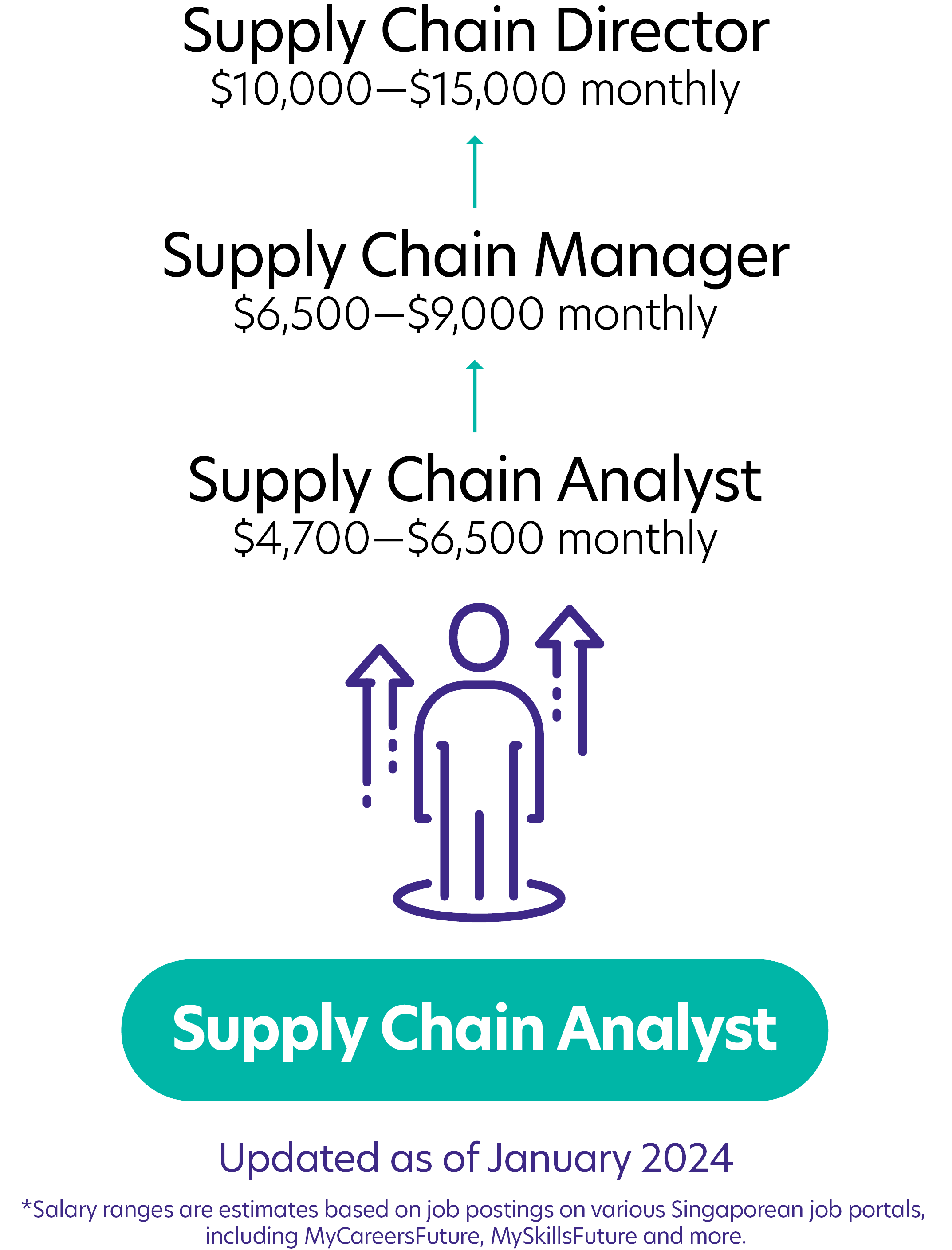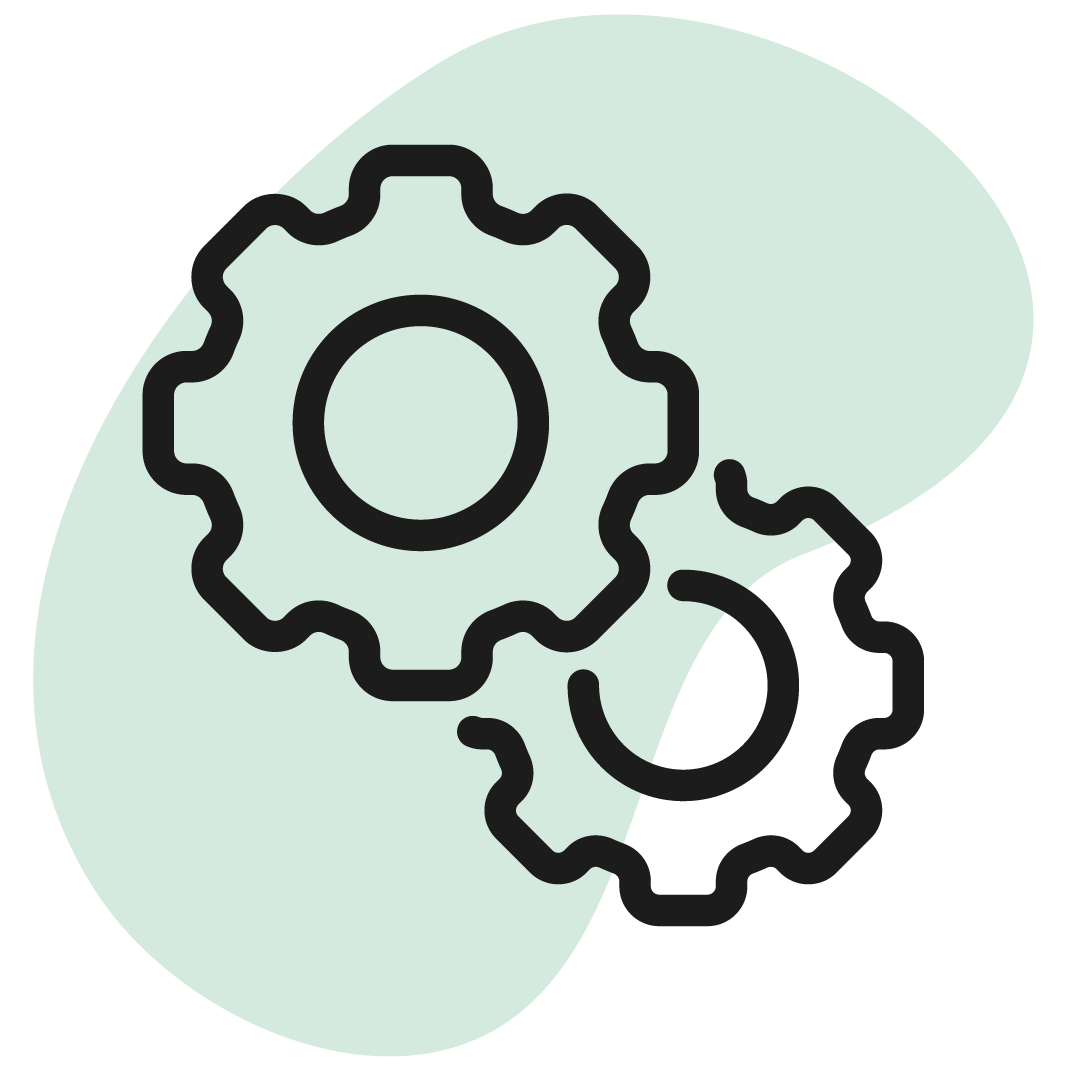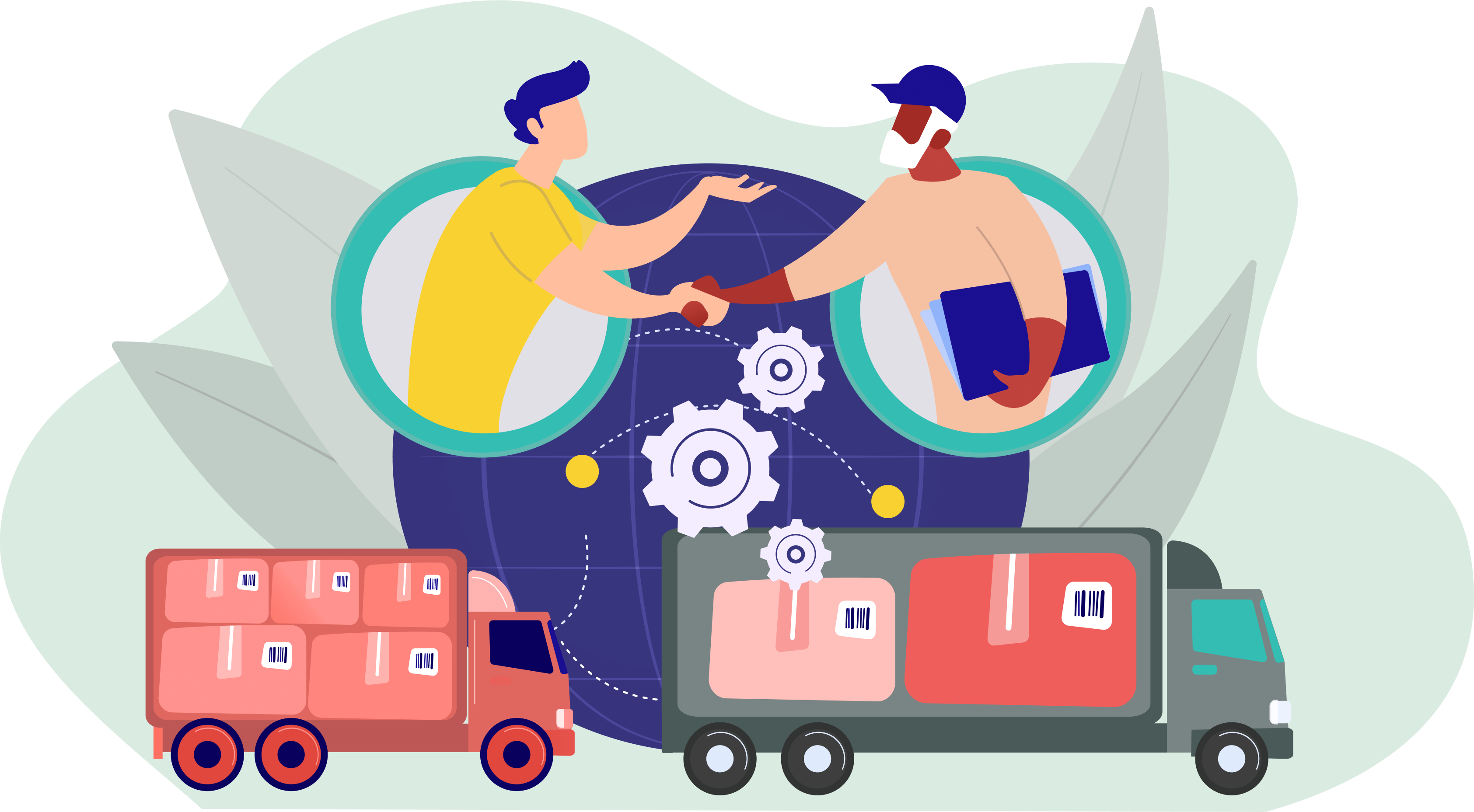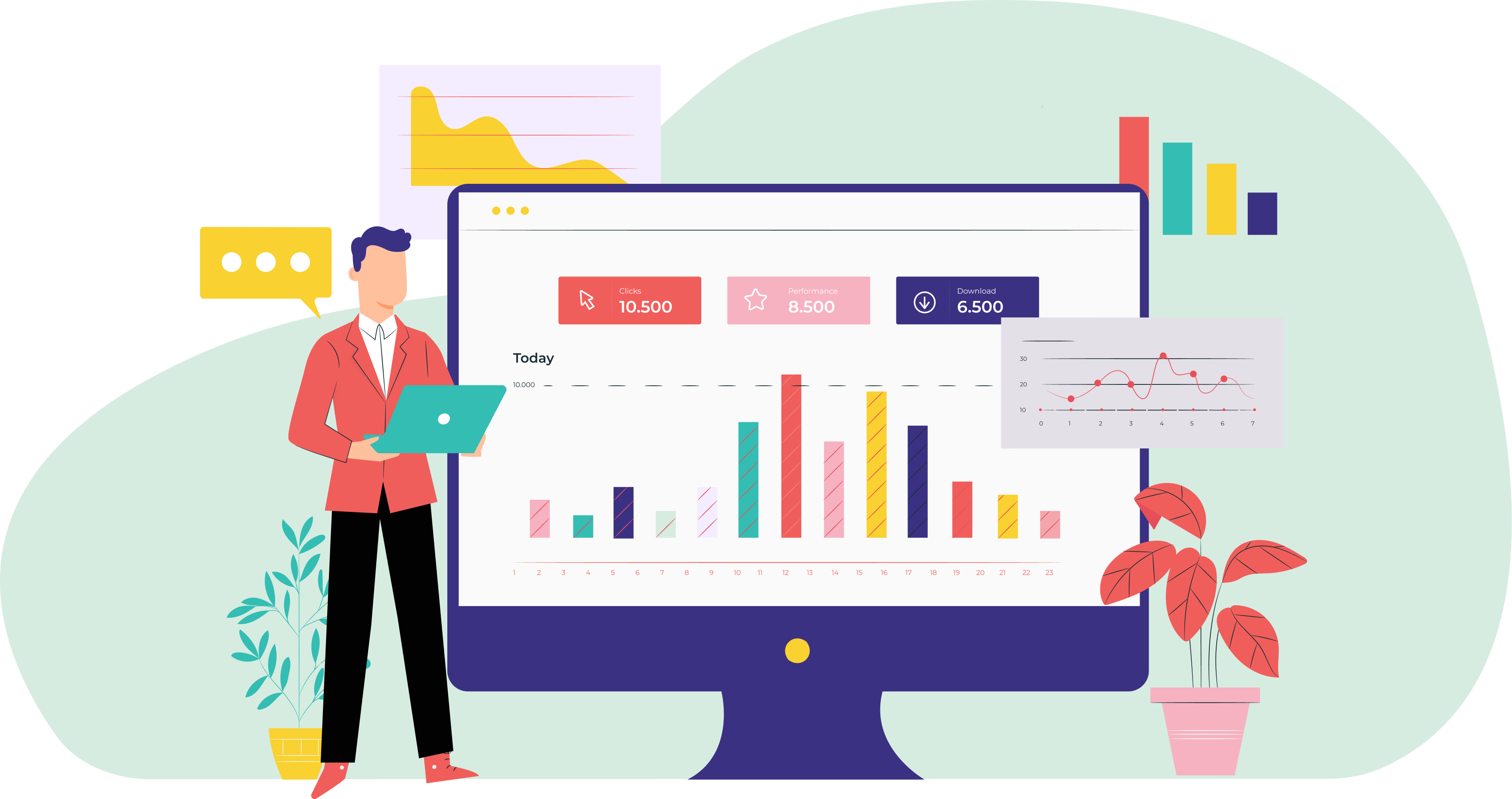
Supply Chain Analysts study trends and processes in Supply Chain and develop solutions to address problems and increase productivity. They ensure strategies align with company goals and customer demand.
Supply Chain Analyst Job Description
- Oversee coordination of supply chain activities to ensure all processes are efficiently aligned and effectively managed to optimise operations.
- Conduct market research to understand industry trends and dynamics to make informed decisions.
- Use data to support the improvement of logistics such as transport and warehousing.
- Come up with creative solutions to existing problems within the supply chain, improving operational efficiency and effectiveness.
- Ensure business and external parties comply with contractual agreements, maintaining compliance and fostering strong relationships between all stakeholders.
Note
Being Supply Chain Analysts require a good command of the English Language. Only then can you understand the needs of the customer, as well as communicate with various stakeholders!
What you should know about Supply Chain Analyst jobs in Singapore
Nature of Work
You must innovate and research new trends in methodologies across the Supply Chain to enhance overall processes and customer experiences.Key Advice
Effective communication is a must as you will work with global stakeholders to understand trends for better solutions in worldwide Supply Chains.-
Entry RequirementsEntry Requirements
- Minimally a polytechnic diploma in Operations or Logistics Management is required.
- Most individuals begin with an undergraduate degree in Business Management, Engineering, or Business Administration.
- Specialisations in specific areas of the Supply Chain, such as Costs, Operations, and Logistics, are recommended for those who want to move up to upper management roles.
- You would also have to be familiar with the Supply Chain Community and how the industry operates!
-
Possible PathwayPossible Pathway

Skills you need to pursue a Supply Chain Analyst career in Singapore
 Hard Skills
Hard Skills
Knowledge of Transportation Principles & Methods
Has a working knowledge of Logistics, Routing, and Legal Transport requirements.Familiarity with Administrative Software
Proficient in software for scheduling, tracking, and managing resources.Strong Mathematical Analytical Skills
Ability to perform complex calculations for Logistics optimisation.Analytical Skills
Shows proficiency in interpreting data to make informed decisions and recommendations for stakeholders.Interpersonal Communication Skills
Ability to effectively convey information and foster positive relationships.Critical & Creative Thinking
Capable of coming up with innovative ideas to solve problems and make improvements for efficiency.Related Job Roles
Explore Other Programmes
Browse AllYou have bookmarked your first item!
Find it in My Discoveries with insights on your interests!



